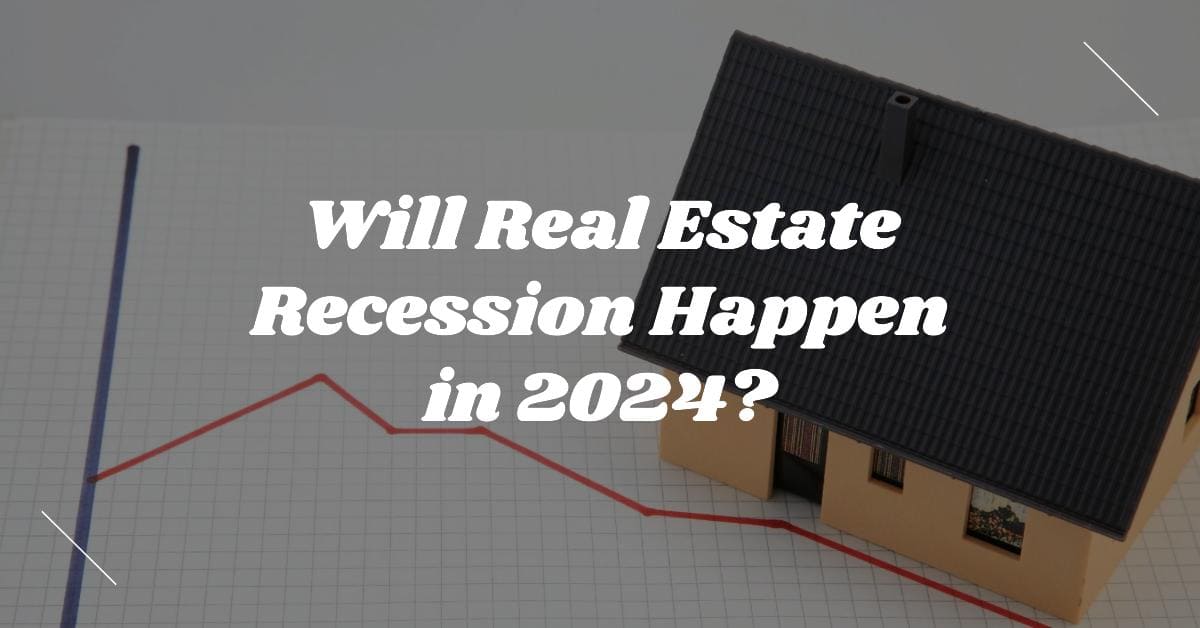The 2024 US real estate market shimmers with both the promise of opportunity and the threat of uncertainty. Predicting its exact course is a fool's errand, but by delving deeper into the data and expert insights, we can equip ourselves with the knowledge needed to navigate the potential storms ahead.
The Looming Shadows:
- Debt Storm: The colossal burden of household debt, surpassing $17 trillion, casts a long shadow over the market. Rising interest rates could make repayment more challenging, potentially triggering defaults and impacting home values.
- Inflationary Headwinds: Inflation, though slowly receding, remains above the Fed's target, eroding purchasing power and affordability. This could further squeeze first-time buyers and dampen overall demand.
- Bubble Brewing?: While not a definitive label, the “brewing housing bubble” concerns voiced by the Federal Reserve Bank of Dallas raise questions about market sustainability. Rapid price increases coupled with speculation and stretched affordability can pose a risk.
Glimmers of Hope:
- Soft Landing?: Though a recession remains a possibility, several economists predict a “soft landing” for the US economy in 2024, with moderate growth potentially stabilizing the market.
- Inventory Imbalance: While limited inventory has kept prices high, it could also create a correction as more homes enter the market, leading to a more balanced price discovery process.
- Pent-up Demand: The demographic wave of millennials entering prime homebuying age creates a reservoir of potential buyers waiting to enter the market, offering long-term stability.
Regional Variations:
Remember, the national picture doesn't tell the whole story. Regional variations will be crucial:
- Sun Belt Sparkle: Sun Belt states and suburbs, attracting migration with their affordability and lifestyle appeal, might see continued resilience compared to coastal areas facing price corrections.
- Urban Exodus?: Rising costs and remote work opportunities could fuel an “urban exodus,” impacting specific markets and demographics.
Navigating Your Course:
Whether you're a buyer, seller, or investor, here's your guide:
- Buyers: Be prepared for competition, but potentially with fewer bidding wars. Do your research, consider alternative locations, and be patient. Ensure your finances are in order, as affordability challenges might persist.
- Sellers: Expect a longer selling process. Price realistically and consider offering incentives to attract buyers in a potentially softening market.
- Investors: Stay informed about market trends and diversify your portfolio across different asset classes to mitigate risk. Consider alternative investment opportunities beyond traditional single-family homes.
Beyond the Forecast:
Remember, the housing market is a complex ecosystem, influenced by a multitude of factors. While expert opinions and data offer valuable insights, the future remains unwritten. Stay informed, be cautious, and make well-considered decisions based on your individual circumstances and risk tolerance.
Instead of fearing the unknown, view it as an opportunity to adapt and thrive. By understanding the potential challenges and opportunities, you can make informed decisions and navigate the 2024 US real estate market with confidence. Remember, knowledge is your compass, and a clear understanding of the risks and rewards is your anchor. So, chart your course wisely, and may the seas be calm, or at least navigable!
Bonus Tip: Consult a local real estate professional who can provide in-depth knowledge of your specific market and guide you through the intricacies of buying, selling, or investing in your area.
By venturing beyond the surface and delving deeper into the data and expert insights, you can equip yourself with the knowledge and confidence to navigate the ever-changing waters of the 2024 US real estate market. Remember, the journey may be uncertain, but with careful planning and a steady hand, you can reach your desired destination.




